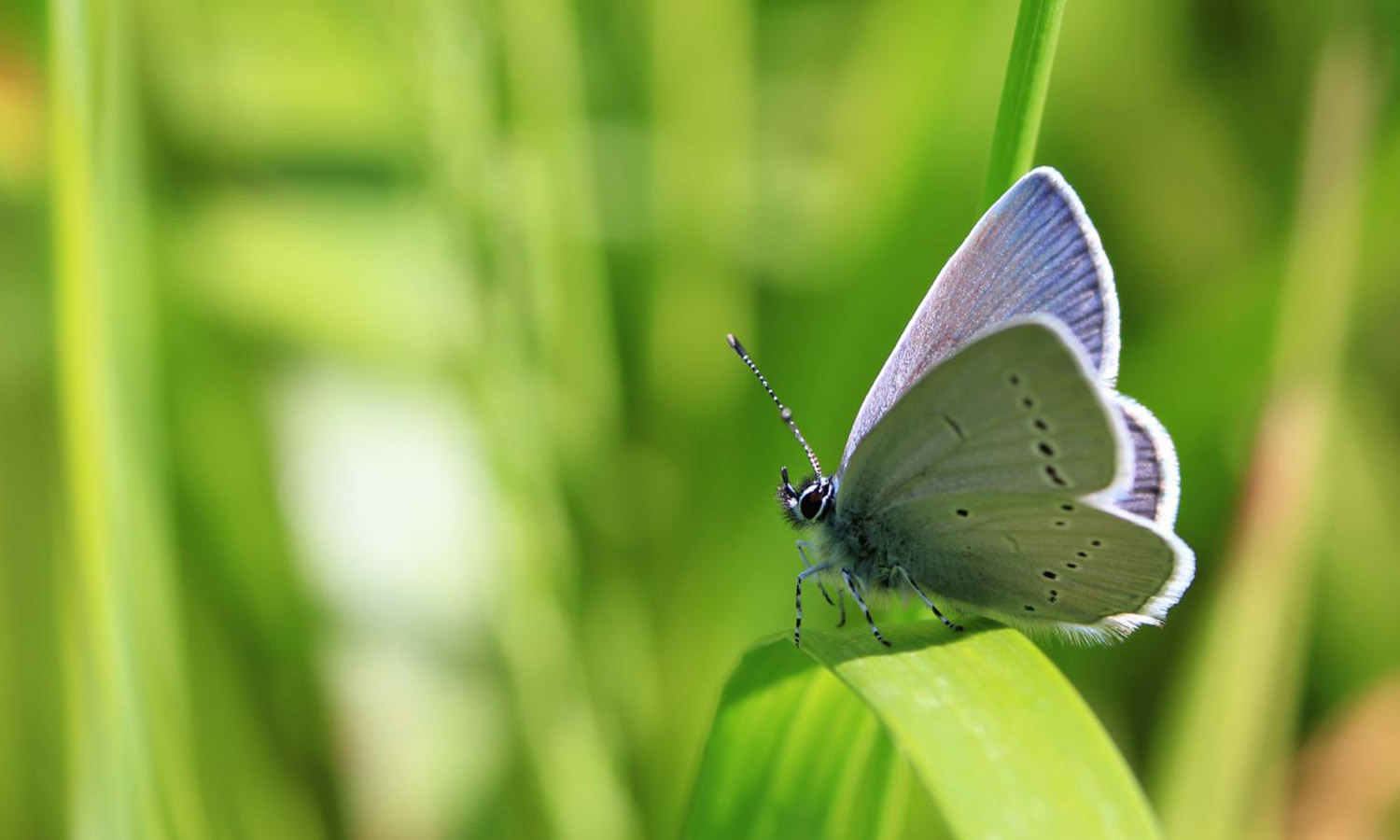Women in STEM (Science, Technology, Engineering, and Maths/Medicine) is an annual celebration of the female scientists who are challenging career stereotypes and inspiring the next generation.
STEM has traditionally been a very male-dominated field but at Butterfly Conservation we’re proud to be an organisation that welcomes and embraces women working in the scientific fields of conservation and data analysis.
In this blog, we talk to some of our scientists, about their proudest scientific achievements and what advice they would give to other women and girls interested in a career in STEM.
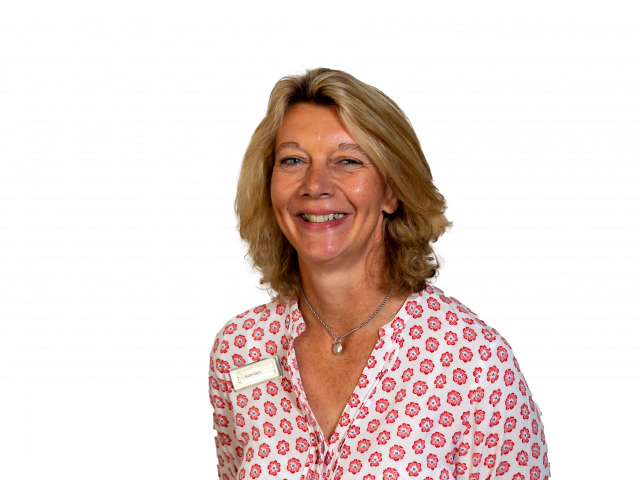
Dr Kate Dent, Director of Engagement and Volunteering
What’s it like being a woman working in conservation?
It’s wonderful to be able to contribute to something you feel passionately about, whatever your gender, but as a woman who’s been working in the sector for over 20 years, I definitely don’t feel out of place now. I started in practical conservation, outside managing nature reserves, and at the time I was the only female on the team, and I always felt pressure to prove I could do such a physical job, however, by the time I moved into more office-based roles the teams gender split was much more balanced, and I felt proud to have been part of that transition. Currently, as a senior manager, I look around and see many of the top jobs are still dominated by men, but that’s changing too, and I certainly haven’t felt my voice has been compromised in recent years, as I may have done at the start of my career. So, I would say there’s never been a more important time to bring your skills and expertise to the many environmental challenges we currently face and being a woman should in no way minimise your impact.
What tips and advice would you give to women aspiring to get involved in this work?
Try and get as much experience as possible as early as you can. Not only will it help you figure out which areas of conservation interest you the most, but you’ll be improving your skills, and importantly getting to meet others in the sector. You can learn so much for volunteering, many volunteers have literally decades of experience, and you will likely learn considerably more from time spent with them than you will from any books, although some sort of further education option may also be sensible at some point. Check out organisation websites, such as Butterfly Conservation, RSPB and Bumblebee Conservation Trust for opportunities to learn and volunteer. Some run permanent schemes, while others will have shorter term project opportunities. For example, Butterfly Conservation are currently looking for people aged 14-24 to help develop other opportunities for young people, and you can search for practical volunteering opportunities that are near you on the website. A whole lifetime of learning and friendships await you, so go for it!
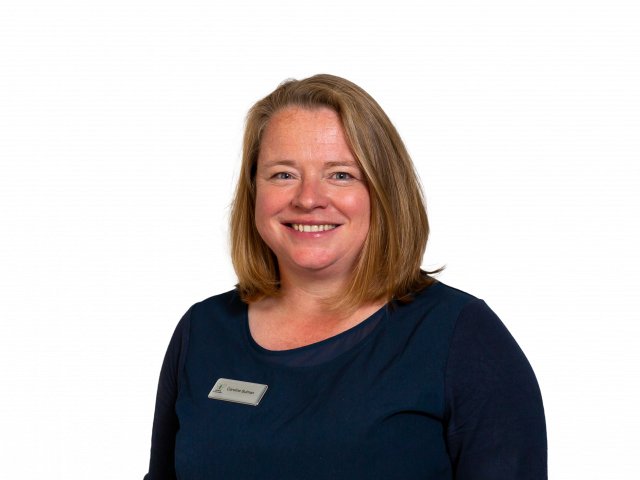
Dr Caroline Bulman, Head of Ecology
What’s it like being a woman working in conservation?
As a woman, I’ve found Butterfly Conservation to be a very welcoming and positive place to work, and I'm sure my many female colleagues would agree with me. Back when I started, Butterfly Conservation was a small organisation with only a few science and conservation staff and a very small proportion were women. We now have a much larger team of conservationists and scientists and rightly, a much larger proportion are women. When I began my career there weren’t many female role models, but I hope I do now try to offer that mentoring and support to other women entering the organisation and who I have the opportunity to work with and to lead.
What tips and advice would you give to women aspiring to get involved in this work?
Follow your passion! As a child, some of my earliest memories are of watching the variety of insect life in the garden and local countryside. I loved watching ladybirds and ants and searching for caterpillars that I then reared to find out which butterfly or moth species they transformed into. So, it wasn’t really a surprise that I wanted to study environmental sciences and ecology at university and then continue on to undertake a PhD.
So go for it and believe in yourself! It's a rewarding career but has challenges since wildlife is still in decline and so many of the drivers of this decline aren’t so easy to solve. But I still have hope, there are lots of positives and at Butterfly Conservation we are making a difference. There are many more women scientists working in conservation and so my advice would be to find those role models who inspire you – those women working in the organisations you’re interested in, speak to them and reach out. I really try to support and encourage the scientists entering conservation now, I love being able to offer advice and share my experience to nurture and support. We need a diversity of voices, skills and experience to tackle the climate and ecological crisis we’re facing today.
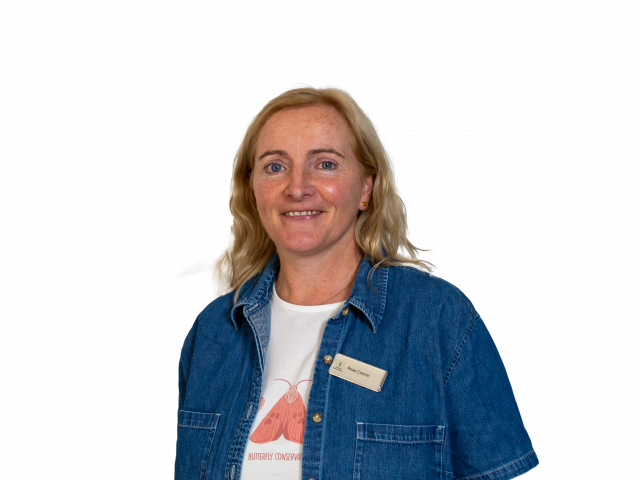
Rose Cremin, Senior Conservation Officer, Northern Ireland
What’s it like being a woman working in conservation?
I think this is a women’s moment in conservation! There are lots of great female role models and leaders across the conservation sector and Butterfly Conservation reflects this as well. I think the barriers to being appointed and promoted that existed in the not-too-distant past have all but disappeared for women in conservation and that the only limitations may be the culture of an organisation. Fortunately, in conservation, the culture tends to be progressive, open and egalitarian. It’s still possible to encounter resistance to women in conservation or strong women but it’s very manageable in the backdrop of progressive change.
What tips and advice would you give to women aspiring to get involved in this work?
Become a member of your favourite NGO; read their literature, attend their events, and volunteer with them. This is really beneficial in confirming that an area is where you want to be and help you establish a network of contacts and friends. I think it’s important to work in an area that you enjoy, and this may change as your experience and understanding grows, so don’t be afraid to shift or change focus either if you want to. Notice what attracts you the most; this could be a particular taxa or area of work such as conservation delivery or research and find ways to get more involved in this area of work. Also consider working in a field that is less crowded or identify a niche skill to learn. Grow your experience in your preferred area and keep your knowledge current by attending webinars and signing-up to sectoral newsletters.
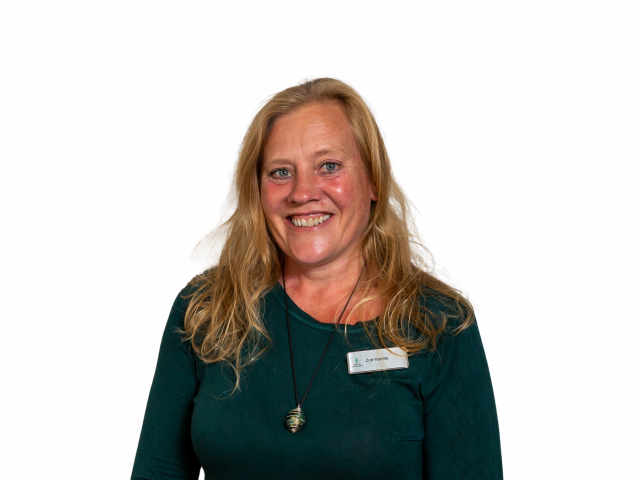
Dr Zoë Randle, Senior Surveys Officer
What’s it like being a woman working in conservation?
On the whole, it is great. I enjoy working with dedicated, passionate volunteers, and enabling the use of the data collected by citizen scientists to inform conservation and policy work. Having the opportunity to connect people to nature, to benefit them and help them value the natural world gives you a feeling of purpose, making a difference and is a worthwhile career path. I’ve been fortunate to have some superb female role models, mentors and colleagues throughout my career who have been encouraging and positive. When I was younger it was quite a ‘man’s world’, although I’ve always held my own and not felt too intimidated, plus I had my fellow females for mutual support.
Personal safety can be an issue especially when lone working. I am happy out in the wilds – fewer ‘predators’ whereas in urban and suburban areas I feel more uneasy – more predators! I remember doing canal surveys in the past and a dog walker warned our team of 4 females about lone males (without dogs) who may cause us problems. We kept within sight of each other and had our lifejacket whistles poised! If we were male this would not have been a concern.
What tips and advice would you give to women aspiring to get involved in this work?
Believe in yourself, be unashamedly yourself, do not hide your light under a bushel. Take the opportunities presented, even if it is at the last minute! Women have a different view on the world, we have female intuition and much else to offer which complements our male counterparts.


